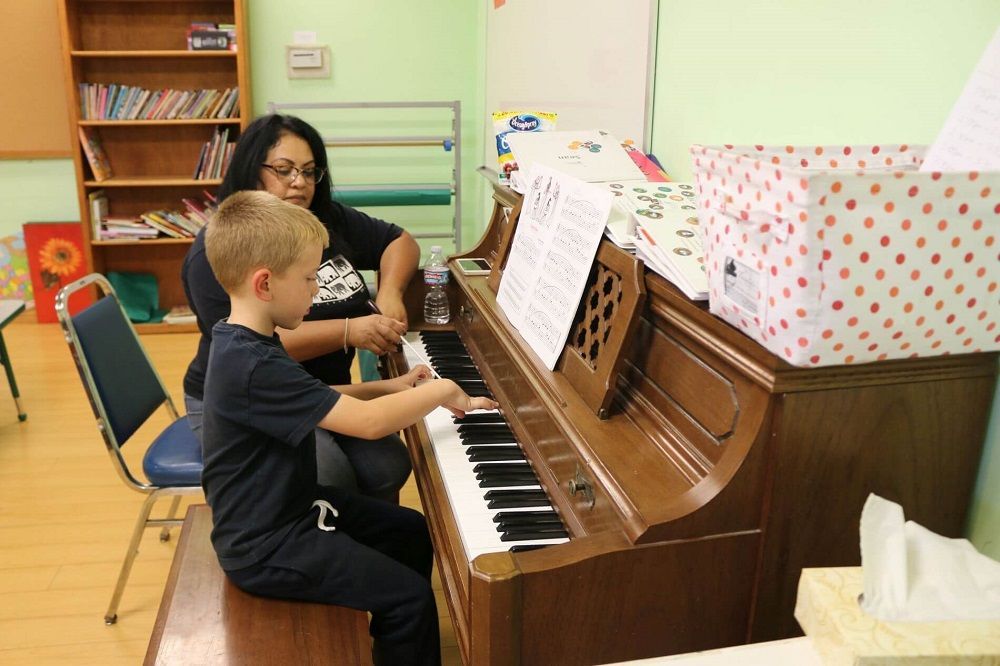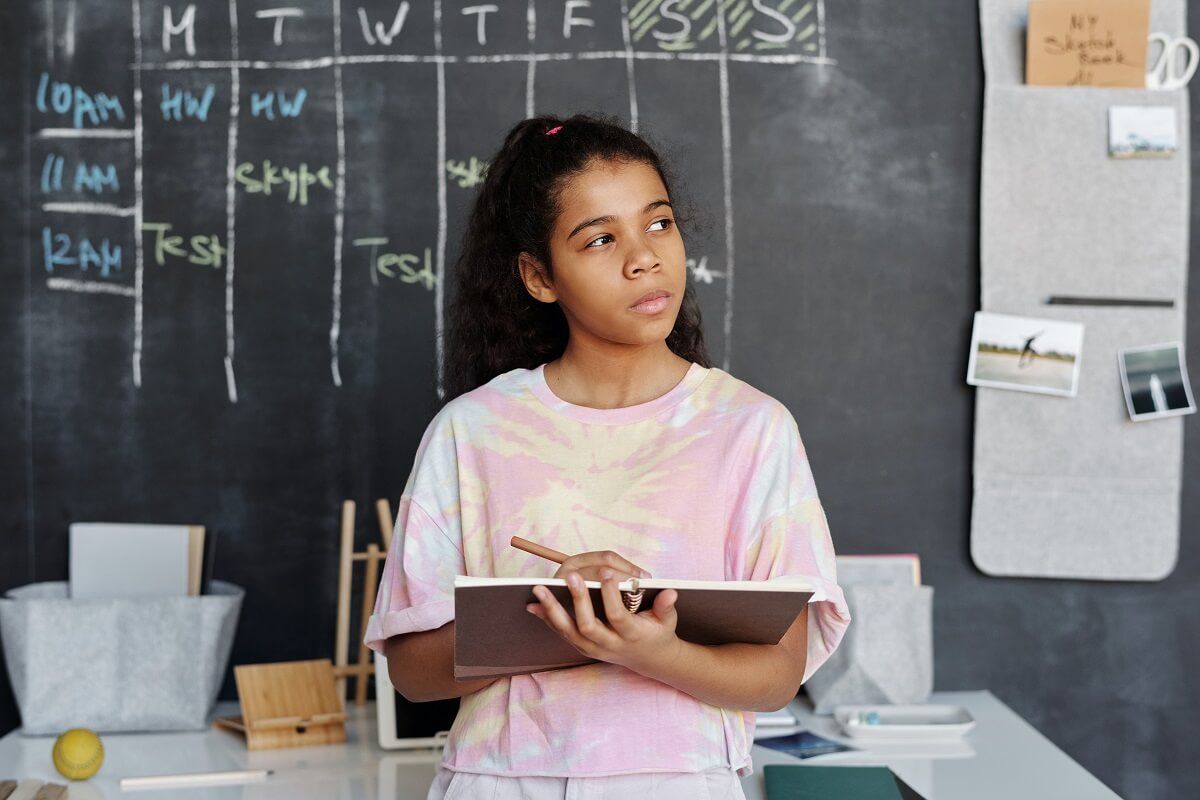
Your child’s Montessori preschool uses a carefully designed mixture of personalized instruction and hands-on activities to help children develop in many ways. Instead of focusing on academic subjects, Montessori learning is dedicated to the total development of the children, including physical, emotional, and social skills. Hands-on learning is a lot more complex than it sounds, and these 5 examples will give you some insight into what your child will gain from hands-on education.
1. Customized Education
A Montessori school uses specialized curriculums that are tailored for individual children. Teachers observe the progress of children and work with each child to arrange hands-on activities suitable for that child. Hands-on activities have been shown to provide better retention of information, so children are able to make exceptional progress that is bolstered by their own choices.
2. Practical Skill Development
Many Montessori activities involve practical life skills. These skills revolve around activities such as measuring, pouring, and organizing that children will be able to use directly in their daily lives. The idea is that practical skills empower children by allowing them to be more independent. From the perspective of whole-child development, practical skills are invaluable in many ways, from self-worth to community involvement.
3. Play-Based Social Development
Even though children are able to take a more active role in their own curriculum, a lot of hands-on activities involve teamwork and interaction with other students. Combined with the Montessori Method’s focus on grace and courtesy, social activities encourage the use of social graces, diplomacy, and learning to negotiate appropriate solutions to concepts such as sharing and working together on related goals.
4. Achievements Build Self-Value
Just as adults benefit from successfully completing goals, hands-on activities are their own reward for children. Each new task is an opportunity to create a sense of self-worth, instilling children with the confidence to attempt new things and focus on strategies that bolster important leadership values.
5. Experiential Academics
Hands-on activities are sometimes referred to as experiential activities because they provide specific experiences in various areas of childhood development. Academic progress is no exception, and play-based activities often involve the use of subjects like math, science, language, and literacy. Far from ignoring the need for academic progress, hands-on activities include academic subjects in real-world situations that underscore how and why academic concepts improve retention and convey information that is often missing from textbook-based learning.
Hands-on activities are gaining attention in educational circles, but have been an intrinsic part of Montessori learning since it was first envisioned by Maria Montessori. They increase retention, provide contextual examples of important academic concepts, develop social skills, and increase your child’s ability to think critically and act appropriately.
The best way to learn more about the Montessori prepared environment is to see it in action. Schedule an appointment for a tour today to see Montessori in action.


